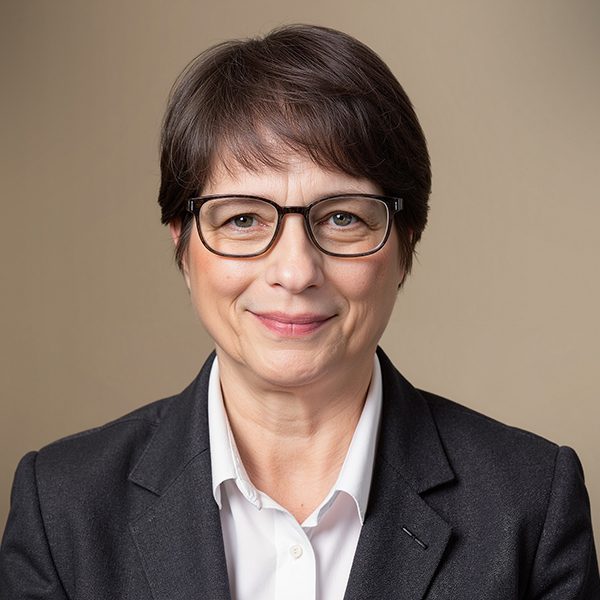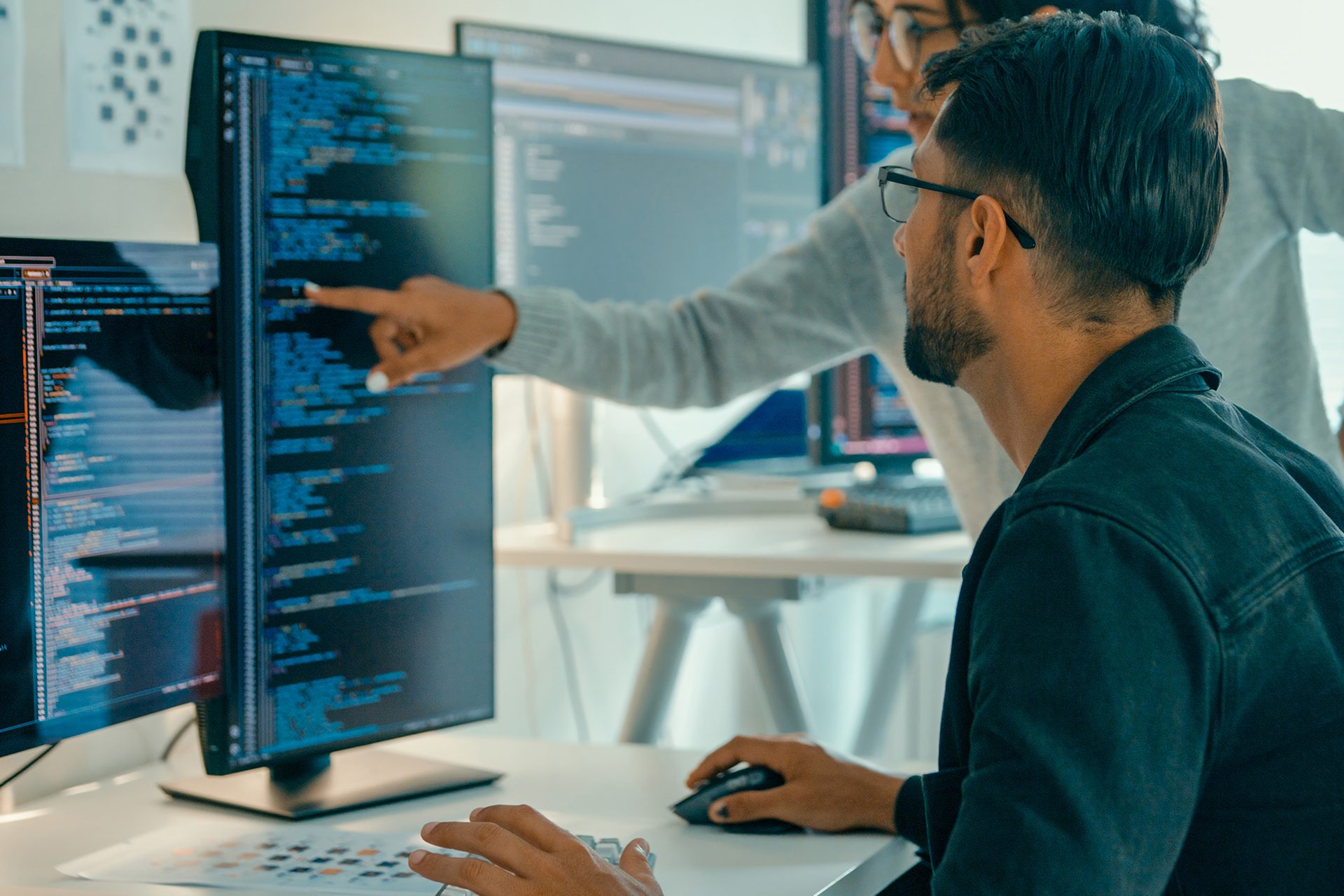Have Questions? We have answers.
Contact UsLearn in-demand Python coding skills in eight weeks or less
A Python course designed for beginners
Introduction to Python Programming will guide students step by step through programming principles and the fundamentals of Python, the world’s most popular beginner programming language. This Python course is beginner-friendly and was designed by faculty at MSU Denver. You’ll learn how to solve increasingly complex problems, write simple and efficient code, and build a strong foundation in programming.
Learn Python, no prior experience needed
Your MSU Denver instructor will start with entry-level Python, covering the basics, and help you develop the confidence to write and understand Python code. You’ll learn Python skills such as how to troubleshoot bugs and use Google Colab, a beginner-friendly tool that makes coding easier and more interactive. By the end of the Python course online, you’ll have the analysis skills to write and debug your own beginner Python programs.
Self-paced, flexible online Python programming course
Learn Python and explore essential programming and data analysis concepts including loops, decisions, and functions. Introduction to Python Programming is online and self-paced, allowing you to balance your personal life while continuing your education.
Python course information
This Python introduction course will provide a solid foundation in Python while fostering confidence in coding. Throughout the course, beginners will gradually build their skills from basic syntax and operations to more complex programming Python concepts like functions, debugging, and file handling. By the end of this course, students will be able to
- Utilize good programming practices, including a top-down problem-solving technique and stepwise refinement.
- Declare and define methods and variables.
- Declare and utilize parameters and return values.
- Understand and use expressions, assignment, decision structures, and loops.
- Use appropriate data types, including integers, real numbers, characters, Booleans, arrays, and strings.
- Write interactive programs and programs that use text files for input and output.
- Utilize testing and debugging techniques.
- Write and run a computer program that correctly solves a problem in the range from simple to medium difficulty.
- Appropriately document a computer program.
- Introduction to Python Programming runs September 2 – November 2, 2025.
- Students must register by September 9.
- The eight-week course is entirely online and self-paced. You can complete the course anytime within the eight weeks the course is available.
The tuition for this course is $795, with a $35 transaction fee. No textbooks are required.
- Problem-solving: Develop the ability to break down complex problems, design and implement solutions using Python.
- Practical Programming: Understand and use the fundamental Python programming components: tructure and parts of a Python program
- loops and decisions
- statements & expressions
- functions and pass parameters
- read & write external files
- Understand the development life cycle and Python language fundamentals
- Debugging problems and issues
- COLAB
You may request to receive a digital badge that will be embedded with the competencies learned. This badge can be added to your resume, LinkedIn page, portfolio, or even shared with your current or future employer.
Meet your Python course instructor
Blanche Cohen
Blanche Cohen is an experienced software engineer, primarily in aerospace. She’s fluent in a number of legacy and contemporary programming languages and will happily discuss 60 years of software archeology.
Professionally, she’s worked on mission-critical projects at NASA and Boeing, Raytheon, Lockheed Martin, and ULA, among others.
Projects included:
- Senior architect for a multi-million dollar information infrastructure upgrade for several Department of Defense facilities,
- Led a team developing the next generation ground operations software for Space Weather.
- Developed a test facility to integrate COTS and proprietary hardware, software, and database systems for NASA’s Orion program,
- Managed the web development team responsible for the design, development, and maintenance of multiple websites supporting a global customer base
While at CalTech Jet Propulsion Lab (JPL) as a NASA Faculty Fellow, she developed software for the Mars Climate Orbiter.
As a Doctoral student and Lecturer in Computer Science at the University of Denver, she developed a new year-long program in Computer Graphics, as well as expanding both the Software Engineering and Database Management curricula.
She’s been teaching at MSU Denver since the late 1990s, when her professional schedule allows. Since 2020, she’s alternated between Adjunct and full-time Lecturer, depending on department needs. In this position, she’s taught programming languages C/C++, Java, and Python. Courses include Computer Science 1 & 2, Database Management Systems, Web Development, Methods & Tools for Software Development, and Principles of Programming Languages.
An active Association for Computing Machinery (ACM) member, she’s been a member of multiple international conference boards and is currently the Treasurer of the Denver Rocky Mountain Chapter of the ACM. She was a Mission Specialist applicant for the NASA Astronaut Corps, getting to the 3rd round before being cut. In her spare time, she’s headlined at the Comedy Club in Fort Huachuca, AZ, doing an entire set on COBOL, conducted a high-performance computing seminar at the Naval Post Graduate School in Monterey, CA, and chaired a panel on Human Space Exploration at the Star Trek Convention in Dublin, Ireland.

Register now
Fall registration is now openRequest more information
Request more informationQuestions?
For questions, contact Brandy Schooler at 303-615-1234 or [email protected].
Contact Us
Email usPhone: 303-615-1234
Office Location:
Jordan Student Success Building
3rd Floor – #330
Auraria Campus
Mailing Address:
MSU Denver
Innovative and Lifelong Learning
P.O. Box 173362
Campus Box 6
Denver, CO 80217-3362

